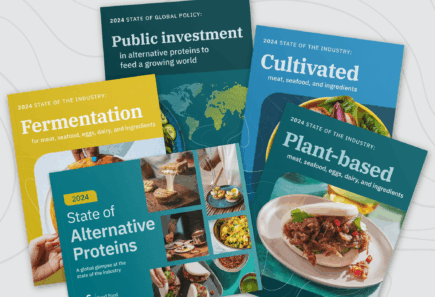
Three APAC countries with the right ingredients to dominate biomanufacturing
Global alternative protein stakeholders would be wise to keep a close eye on the bioeconomies of Thailand, Vietnam, and Australia, where analysts say abundant raw materials, forward-thinking public policies, or a synergy of both, have the potential to supercharge fermentation-derived food production.









